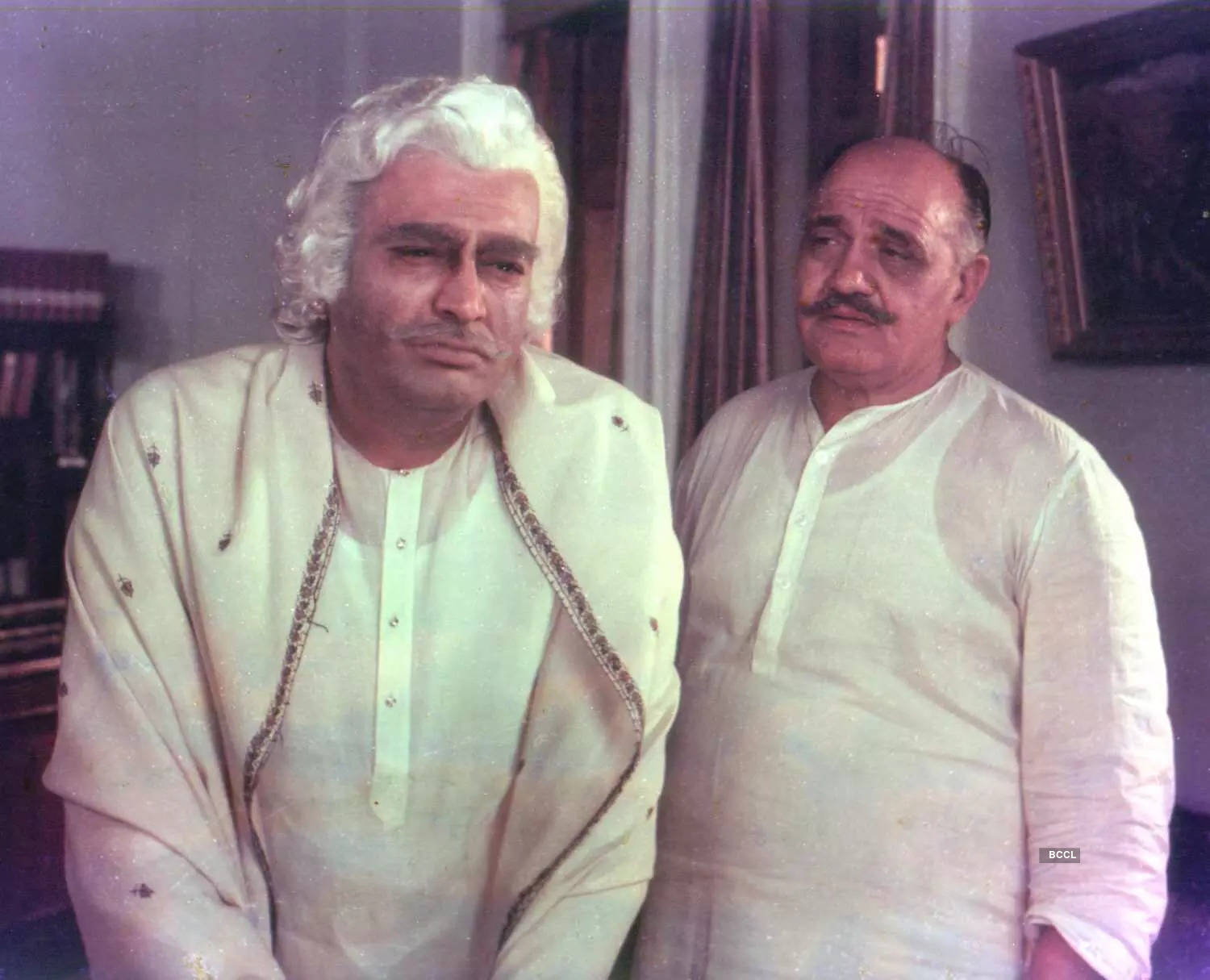Know Everything About Om Prakash

Om Prakash Chibber, endearingly remembered as Om Prakash, is born on December 19, 1919, in Jammu. With a modest upbringing, the child's love for performing arts blossomed somewhat early. By the age of 12, he was already undergoing basic training in classical music, which proved to be the foundation stone of his career in the world of entertainment. In 1937, he got his first big break when All India Radio employed him, making him very popular with the portrayal of Fateh Din.
Breakdown in Film
Success at the radio level caught the attention of film-maker Dalsukh Pancholi, who gave him a role in Daasi. Om Prakash earned a petty sum of only ₹80 in that picture-the transaction which paved the way for his distinguished career in front of the camera. Post-Partition in 1947, he shifted to Bombay, where he did face some hard times. However, with the support of B.R. Chopra, he adopted acting as a full-time profession. The greats Lahore, Char Din, and Raat Ki Rani laid the foundation of his career as a respected character actor.
An All-Round Performer
Om Prakash rapidly set his reputation for versatility, for he could switch genres with ease. He carried on brilliant comic performances in Pyar Kiye Jaa, Padosan, and Gol Maal, while he could also portray tragi-comic and dramatic roles convincingly when it came to films such as Gopi, Zanjeer, and Namak Halaal. In fact, Om Prakash's role in Gopi was so powerful that the great actor Dilip Kumar said that he felt overshadowed by him.
Collaborations and Production Ventures

Over the span of four decades, Om Prakash appeared in over 300 films, sharing screen space with icons like Dilip Kumar, Raj Kapoor, and Dev Anand in hits like Azaad, Mera Naam Joker, and Tere Ghar Ke Samne. Beyond acting, he ventured into film production with titles like Jahan Ara and Gateway of India. While behind-the-scenes challenges were many, his passion for storytelling remained evident in his productions.
A Legacy That Lives On

What set Om Prakash apart was his distinctive voice, expressive features, and natural acting style. Whether portraying a lovable uncle, a humorous side character, or a heartfelt patriarch, he brought sincerity and nuance to every role. His presence on screen could just as easily draw laughter as it could move audiences to tears.
Final Years and Lasting Influence
Om Prakash passed away on February 21, 1998, due to a heart attack, marking the end of a golden era. His contributions to Hindi cinema continue to influence actors and filmmakers alike. Even decades after his passing, his work remains a benchmark for character acting in Bollywood.
Om Prakash’s journey from a modest upbringing to a beloved cinema icon is a powerful reminder of how talent, resilience, and passion can leave a timeless mark.




